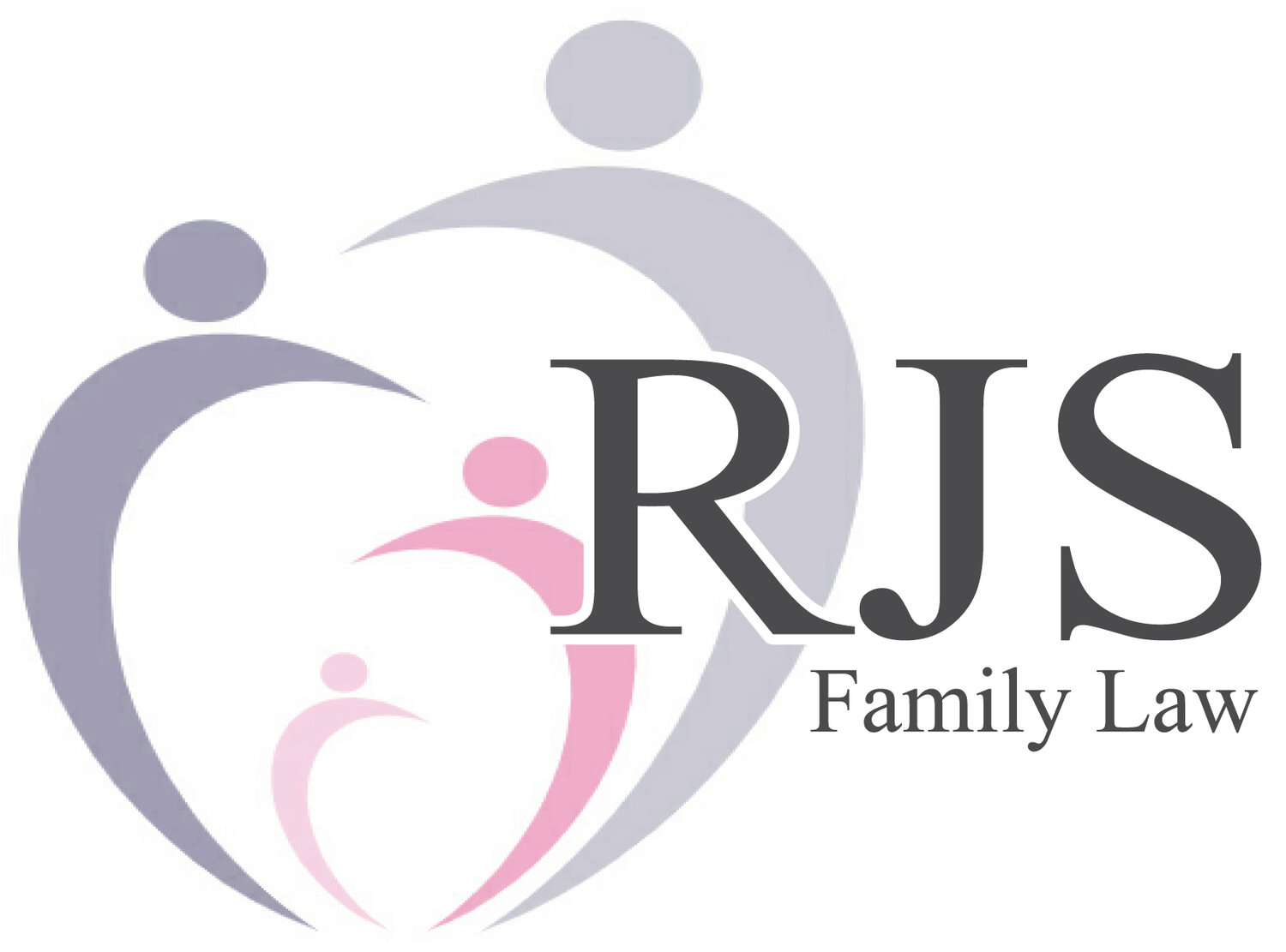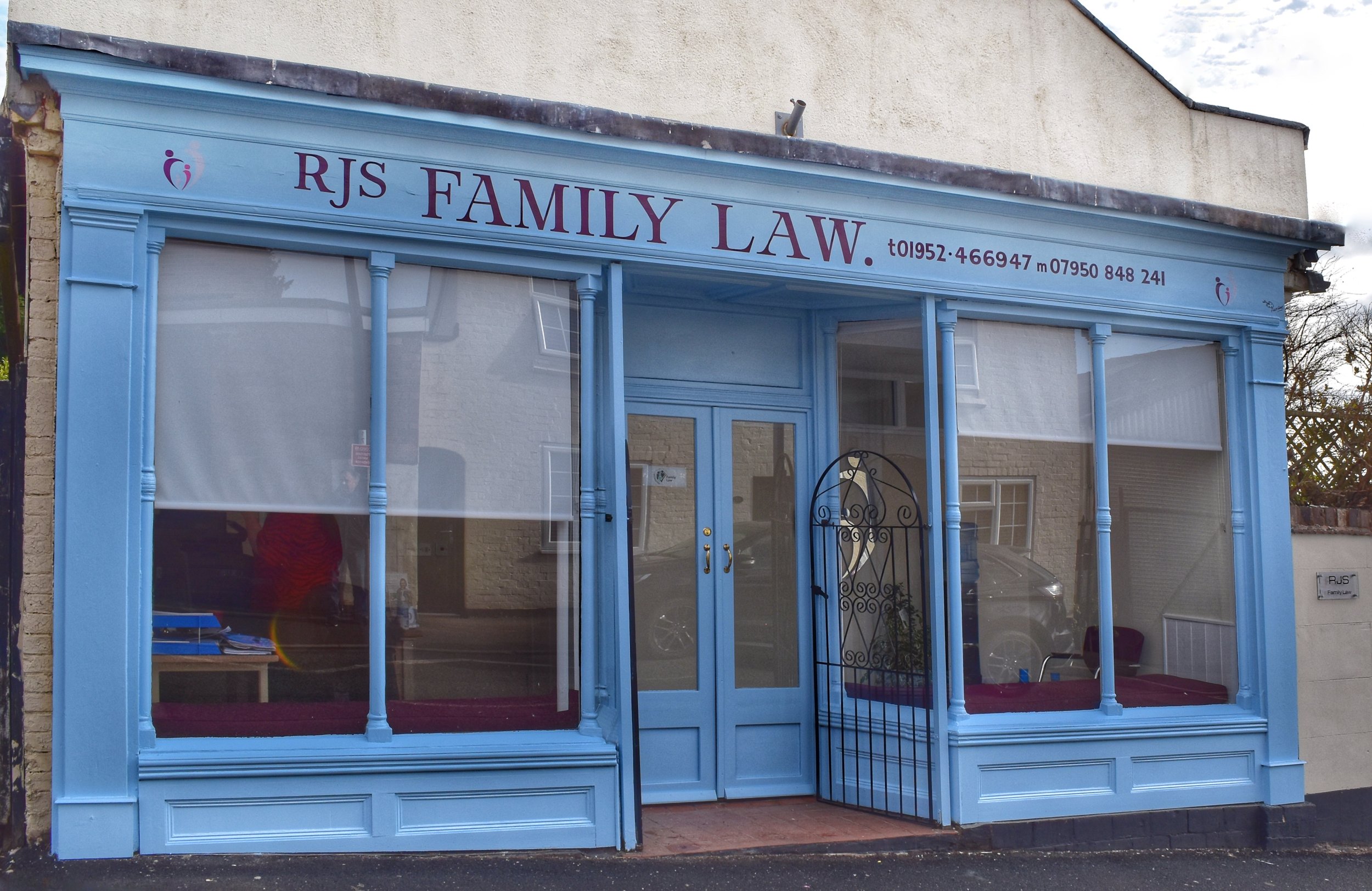
Divorce Lawyers
Navigate the Divorce Process with Experienced Divorce Lawyers at RJS Family Law
So, you’ve made the difficult decision to end your relationship and to get a divorce, but how do you start divorce proceedings and what should you do next?
Divorce Process Under New Law
The Divorce, Dissolution, and Separation Act 2022 means that the divorce process can be simpler, less protracted, and easier on both parties. Previously, you needed to cite one of five reasons for divorce (adultery, unreasonable behaviour, desertion, or living separately for 2 or 5 years). Now, you no longer need to state these reasons, helping to create a more amicable relationship between you and your ex, especially when ongoing contact is required for shared business interests or children.
Eligibility Criteria for Divorce
To be eligible for a divorce, you must meet the following criteria:
You need to have been married for over a year.
Your marriage needs to be legally recognized within the UK.
The UK must be your permanent home or that of your spouse.
Your marriage must have permanently broken down.
If you meet these criteria, the only ground for divorce is the 'permanent breakdown' of yo
marriage, requiring a statement of irretrievable breakdown.
The Divorce Process
Statement of Irretrievable Breakdown: This can be a joint statement if both parties apply for a divorce.
Court Notification: After sending your application and statement, the court will notify the other party, requiring an acknowledgment of service and a response within 8 days of receipt or 7 days if filed online.
Reflection Period: A 20-week period allows for reflection and the opportunity to reach a settlement on finances and property.
Conditional Order: Applied for after the 20-week reflection period.
Final Order: Applied for 6 weeks and 1 day after the Conditional Order application.
Civil Partnerships
Under the Divorce, Dissolution, and Separation Act 2022, people in a civil partnership benefit from the same rights and rules as married couples. The process of ending a civil partnership is known as dissolution. To apply, you must have been in a civil partnership for a year. The court handles the dissolution process, during which you can apply for financial provision (e.g., lump sum, property transfer, maintenance, and pension sharing orders).
Contested Divorce
Rest assured; you cannot be forced to go to court if your ex contests; this is reassuring should your ex wish to prolong the process. Your ex failing to sign can’t prevent the process; we can arrange for a Process Server’ to personally serve them with papers in order to proceed - without their signed consent. Please click this link to see further information.
Financial Settlements in Divorce
Sorting out all financial issues linking you and your ex is vital for both you and your children. RJS Family Law will resolve matters quickly and efficiently, ensuring the best possible outcome for you. We have considerable experience in handling high-net-worth and sensitive divorce cases, working with a pool of proven forensic accountants, IFAs, pension specialists, and property experts.
What Happens to the Family Home?
Determining what happens to the family home is a crucial aspect of financial settlements. RJS Law provides expert guidance to ensure a fair division of property.
How Long Does the Divorce Process Take?
If there are no complications, the divorce process generally takes 6-12 months, depending on court availability. Using a specialist divorce service like RJS Family Law will expedite the process by ensuring all paperwork is error-free and more readily accepted by the courts.
Starting the Process
Next Step: Get in touch to organise a FREE initial consultation with RJS Family Law. This one-to-one meeting will allow you to share your concerns and receive possible answers.
Required Documents
To proceed, you will need:
Your marriage certificate
Information on both you and your partner's finances, including mortgage details, pensions, savings, investments, and any debts. Don t worry if you can t provide everything—we can assist in obtaining the necessary information.
A court issue fee of £593. You might be eligible for a fee remission, which we can investigate on your behalf.
Why Choose RJS Family Law?
Family Law Specialists: With a focused specialisation, RJS knows family law inside out.
Personal Approach: Deal with the same faces throughout your matter. Our team is friendly, approachable, and available to answer any questions at any time.
Free Initial Consultation: Meet the RJS team and discuss your issues without spending a penny!
Accessible Location: Easily find our office without the hassle of city centre traffic, and enjoy free parking.
Testimonials

For more detailed information or to start your divorce process, contact us today.
FAQs
-
Yes, you can still get a divorce even if your spouse does not agree to it. Under the Divorce, Dissolution, and Separation Act 2022, you only need to state that the marriage has irretrievably broken down. If your spouse fails to respond to the divorce application, we can arrange for a ‘Process Server’ to personally serve them with the necessary papers to proceed without their signed consent.
-
If you suspect that your spouse is hiding assets, it is crucial to inform your solicitor. RJS Family Law works with a team of forensic accountants and financial experts who can investigate and uncover hidden assets. Full financial disclosure is required by law, and any attempt to conceal assets can have serious legal consequences.
-
Child custody and visitation rights are determined based on the best interests of the child. The court considers various factors, including the child’s needs, each parent’s ability to meet those needs, and the existing relationship between the child and each parent. At RJS Family Law, we work diligently to ensure a custody arrangement that prioritises the welfare of your children while considering your rights and preferences.




